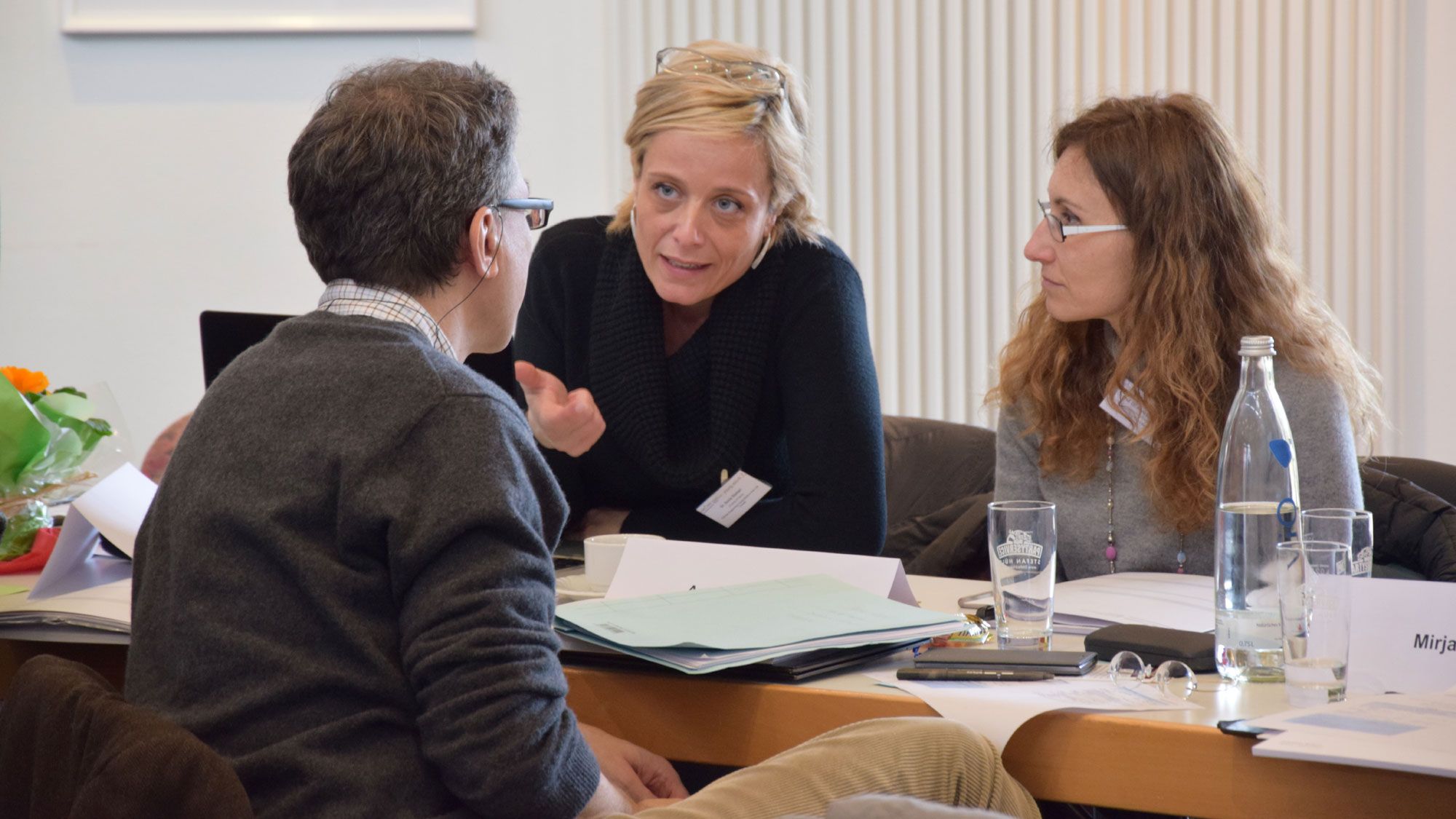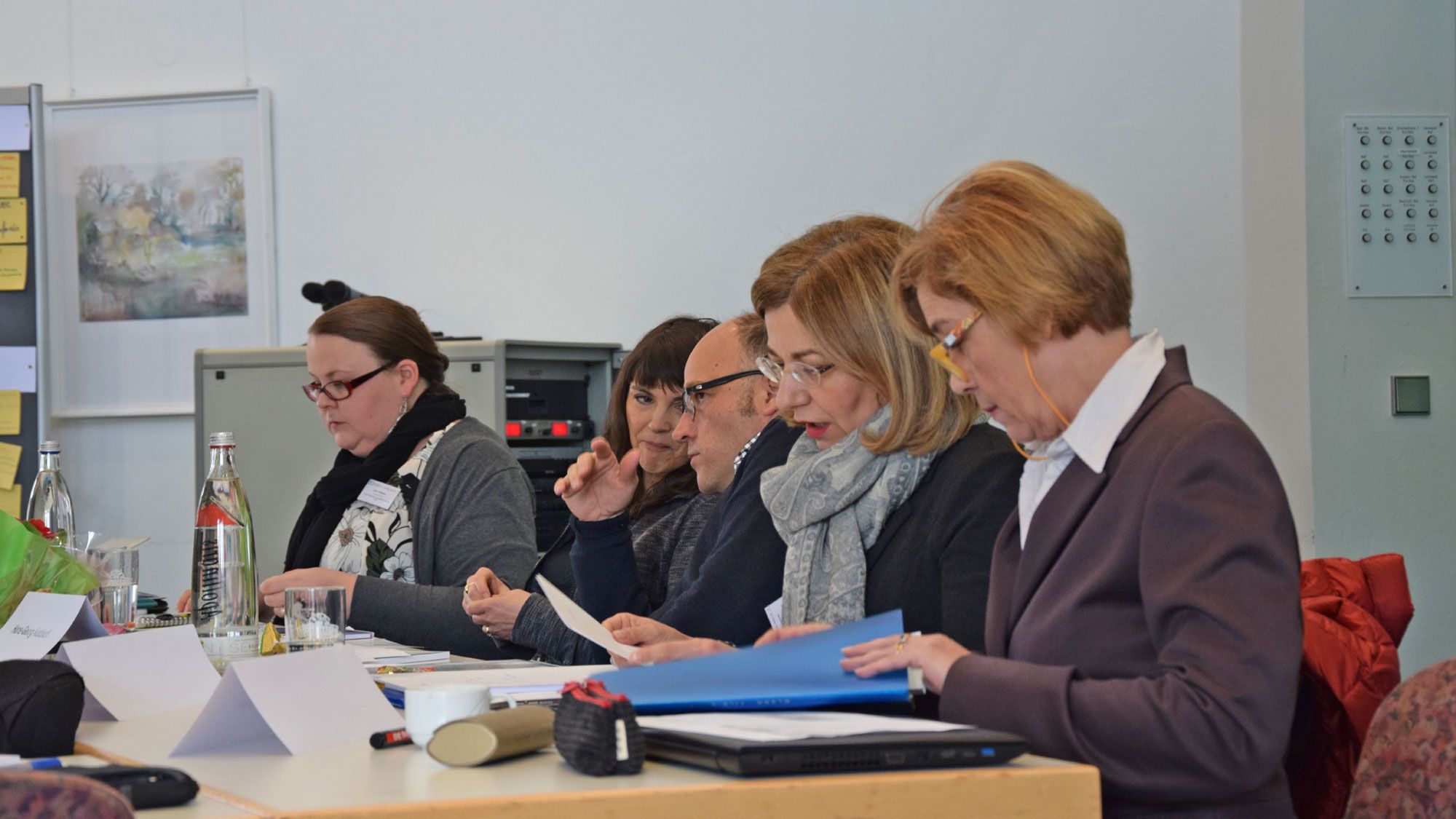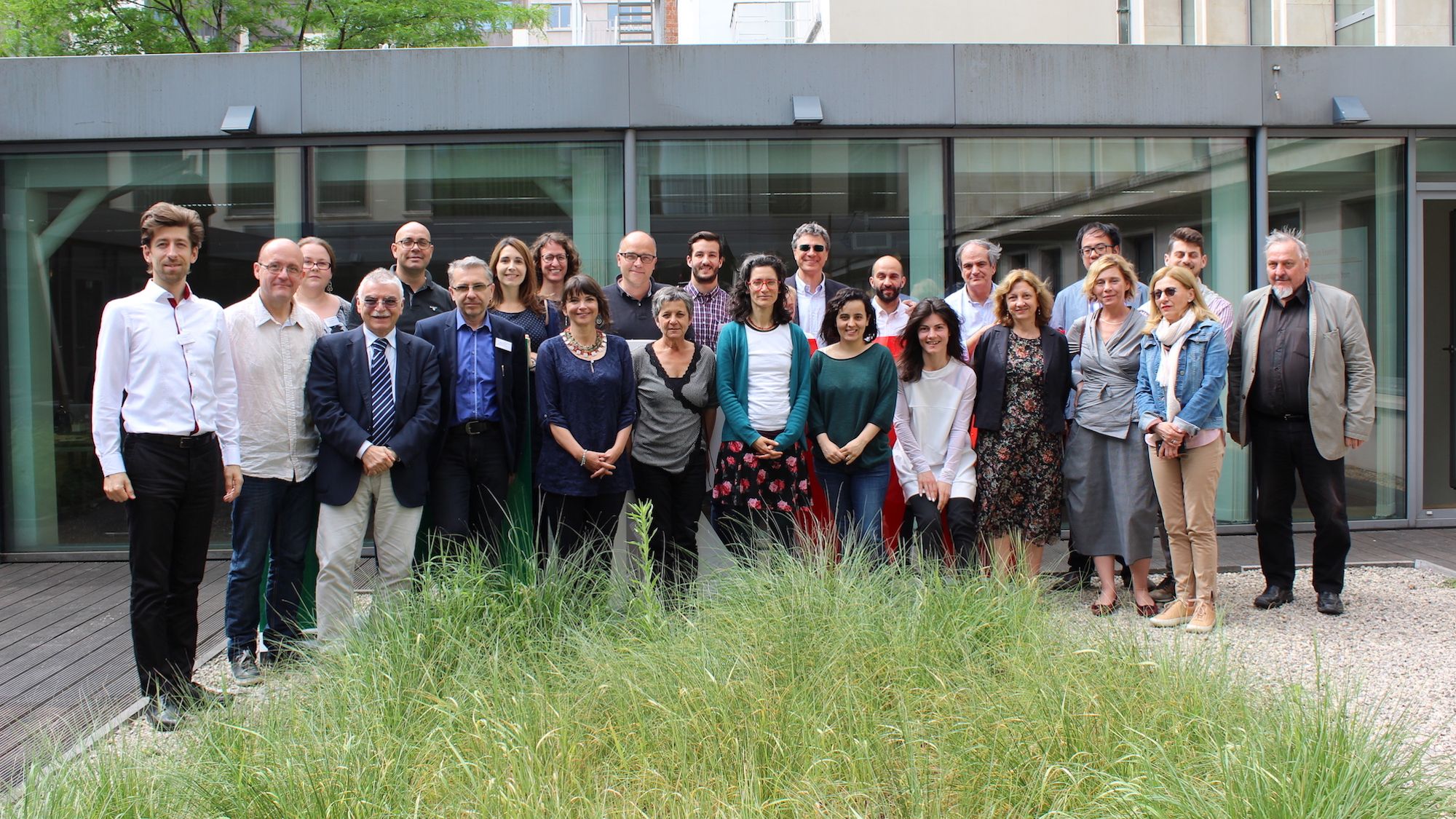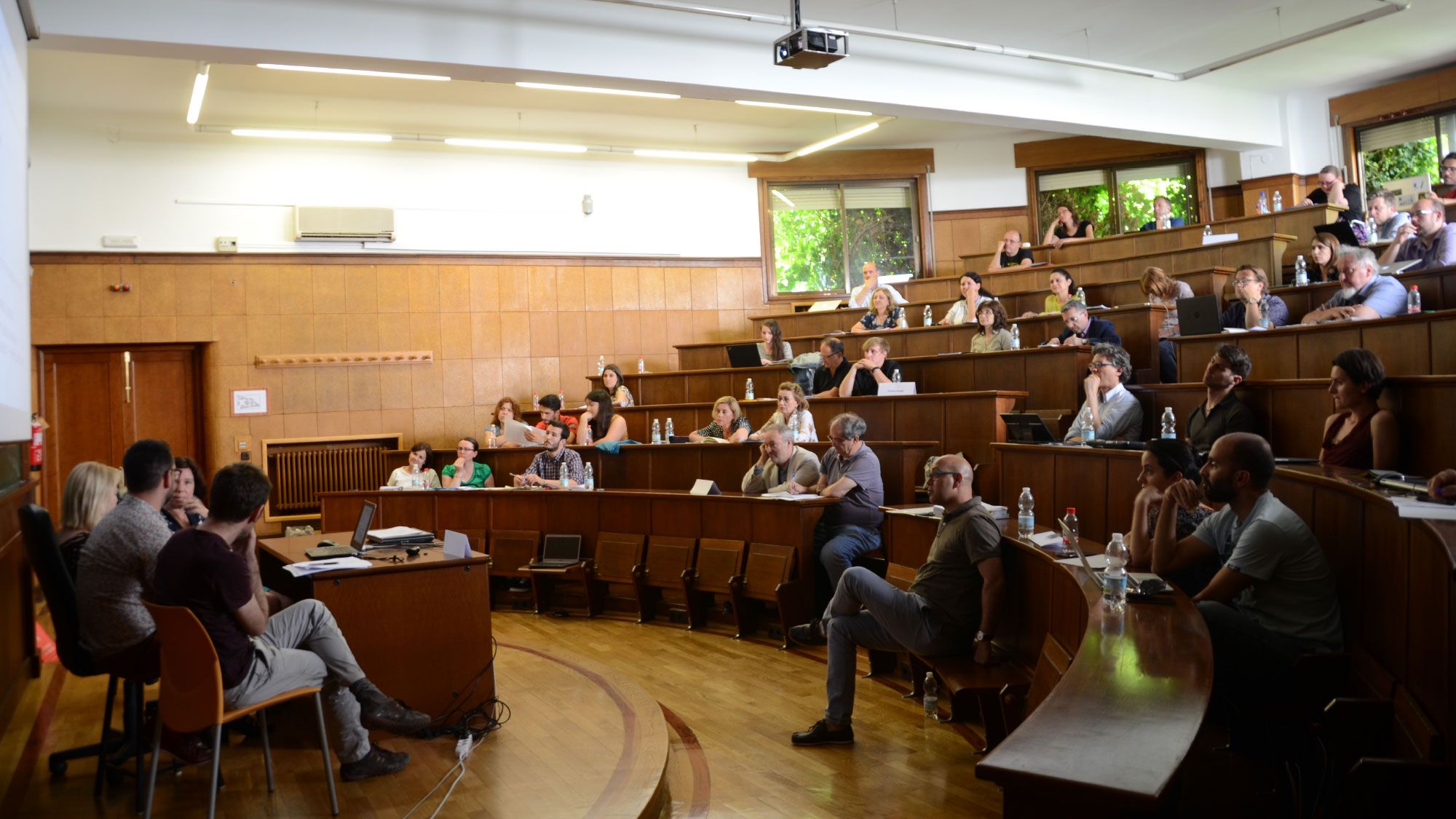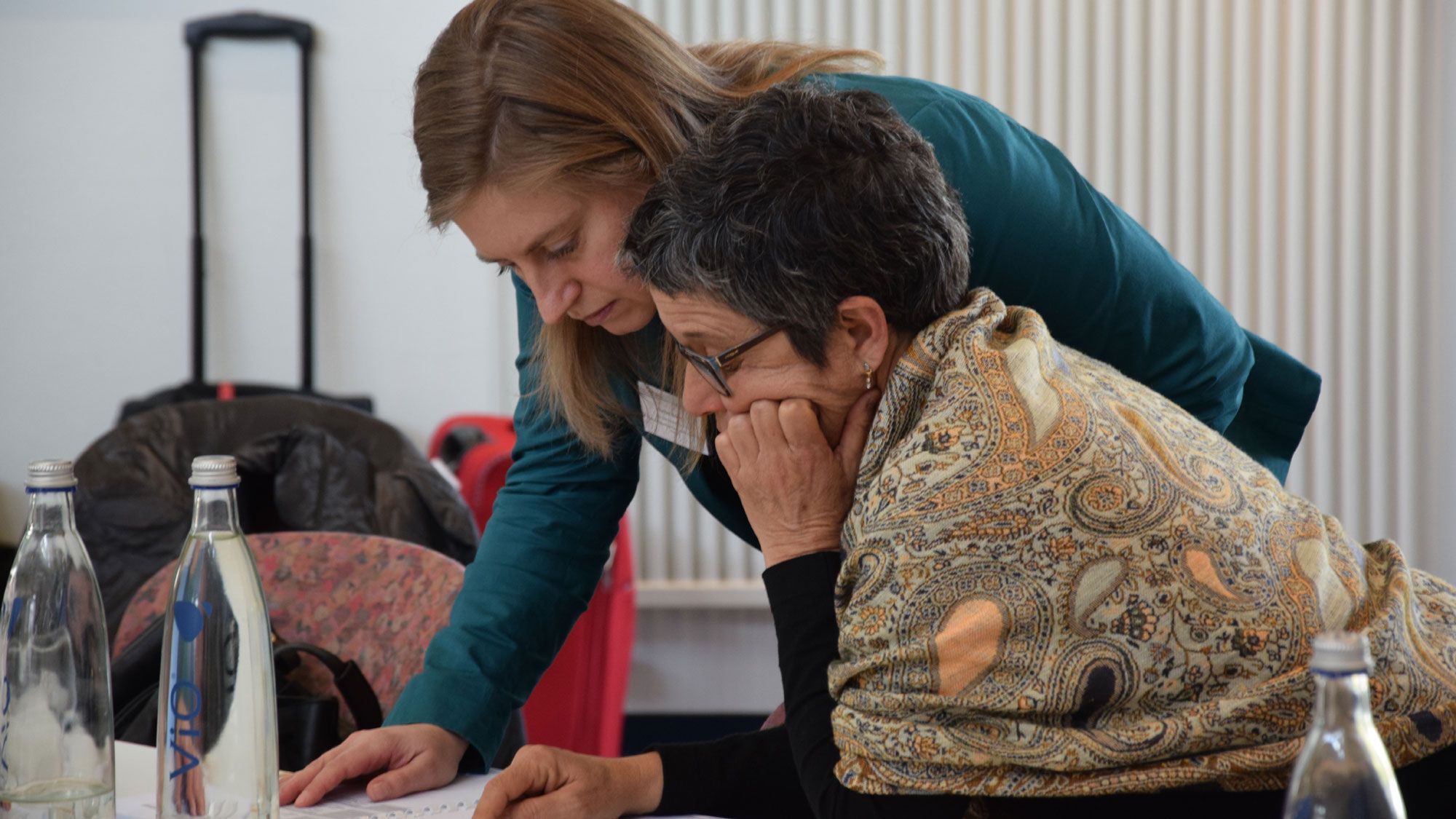Inequality
Inequality is a central, long-standing topic in the social sciences. Indeed, several of the founding theories of sociology revolved around the issues of social class and stratification, from Marxism to Weber’s sociology, through to structural functionalism; more recent, fundamental authors such as Giddens and Bourdieu also delved deeply into the theme.
The centrality of inequalities in the social sciences goes hand in hand with the birth of modernity and the emergence of the so-called “social question”, which in the mid-nineteenth century referred to a situation in which accelerated industrialization and urbanization, coupled with the establishment of new social relations of production, generated the widespread pauperization of the working classes. The awareness of this pauperization and of the living conditions associated with it stimulated political and social struggles. As Castel pointed out, "This was a pivotal moment, one in which a divorce first emerged between a political and legal system based on recognition of the rights of citizens and an economic order that brought about poverty and widespread demoralization" (2003: xx).
The integration of the more marginal fringes of workers constituted the core of the original response to the social question and, for several decades, it was also the guiding principle of social policies. In this context, the main problem to solve was the unequal distribution of wealth. From the late nineteenth century to the 70’s of the twentieth century, with varying degrees of sophistication and efficiency, the problem of social inequality was tackled by granting strong protection to labour and to workers. To work means having a job and most of the population accesses citizenship through their worker status: this is the mode of operation of the wage society and of the Welfare State (Castel, 2005: 32-35). However, as the welfare State begins declining from the seventies onwards, the status of work and wages as the major social integration mechanism declines. Simultaneously, disaffiliation – that is, the erosion of social bonds – and social disqualification rise, as can be seen in the emergence of a new type of poverty, constituted by precarious workers, the unemployable, and all those living on the margins. The new social question, then, deals with the integration of these disaffiliated, disqualified actors through social activation and integration policies (Castel, 2003: xxii). Such policies tend to relativize one universal criterion of justice, based on the idea of equality for all, and make room for contextually applied local criteria and an increasing tendency to take individuals as the only responsible for their own marginalization. Hence, inequality, while still present, loses its unifying character, and the State loses its role of single regulator in the context of emerging forms of governance. Social inequality and poverty are concepts that become, at best, complementary with the multidimensional notion of social exclusion/inclusion.
The YOUNG ADULLLT focuses on LLL policies aiming ‘vulnerable’ young adults across Europe and their interplay with youth, educational, social and labour market policies. An important aspect of the project lies in scrutinizing the ways in which those LLL policies amplify or counterbalance the tendencies towards governance and the impacts they have in the identity of young adults and their life course choices and constraints.
References
Castel, R. (2003). Transformation of the Social Question, New Jersey: Transaction Publishers.
Dorling, D. (2015). Injustice: why social inequality still persists, Bristol: Polity Press.
(Tiago Neves & Filipe Martins)






